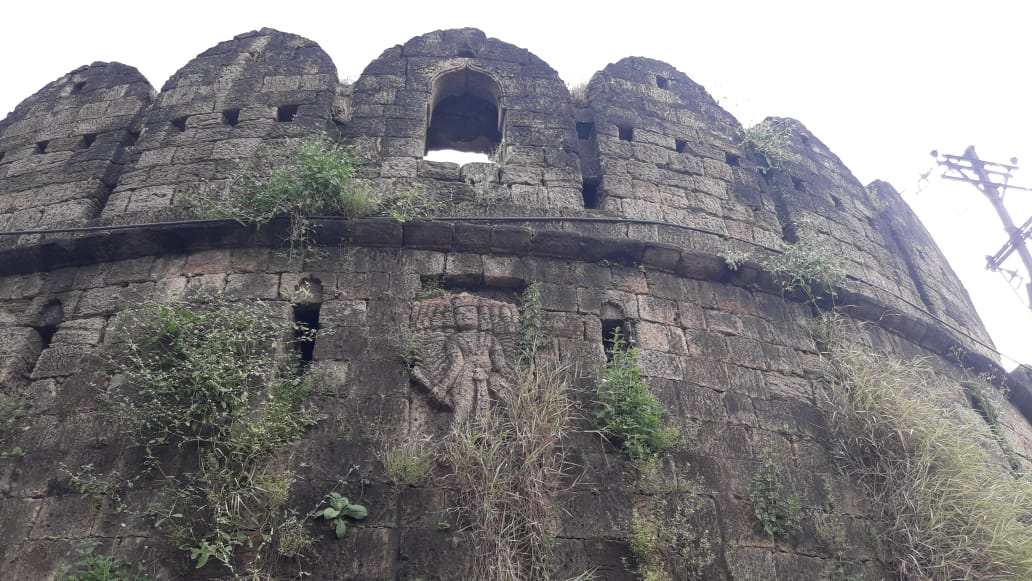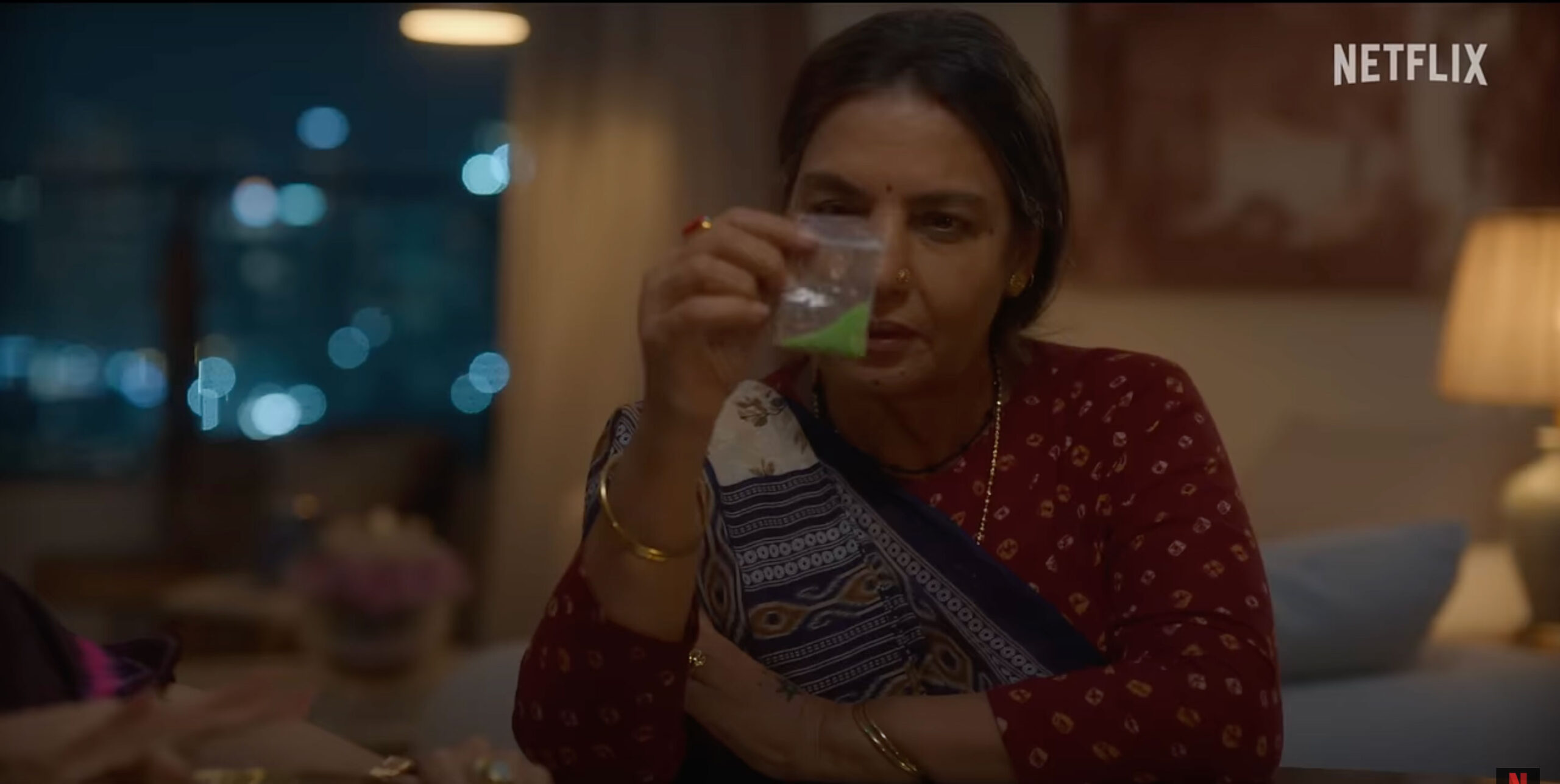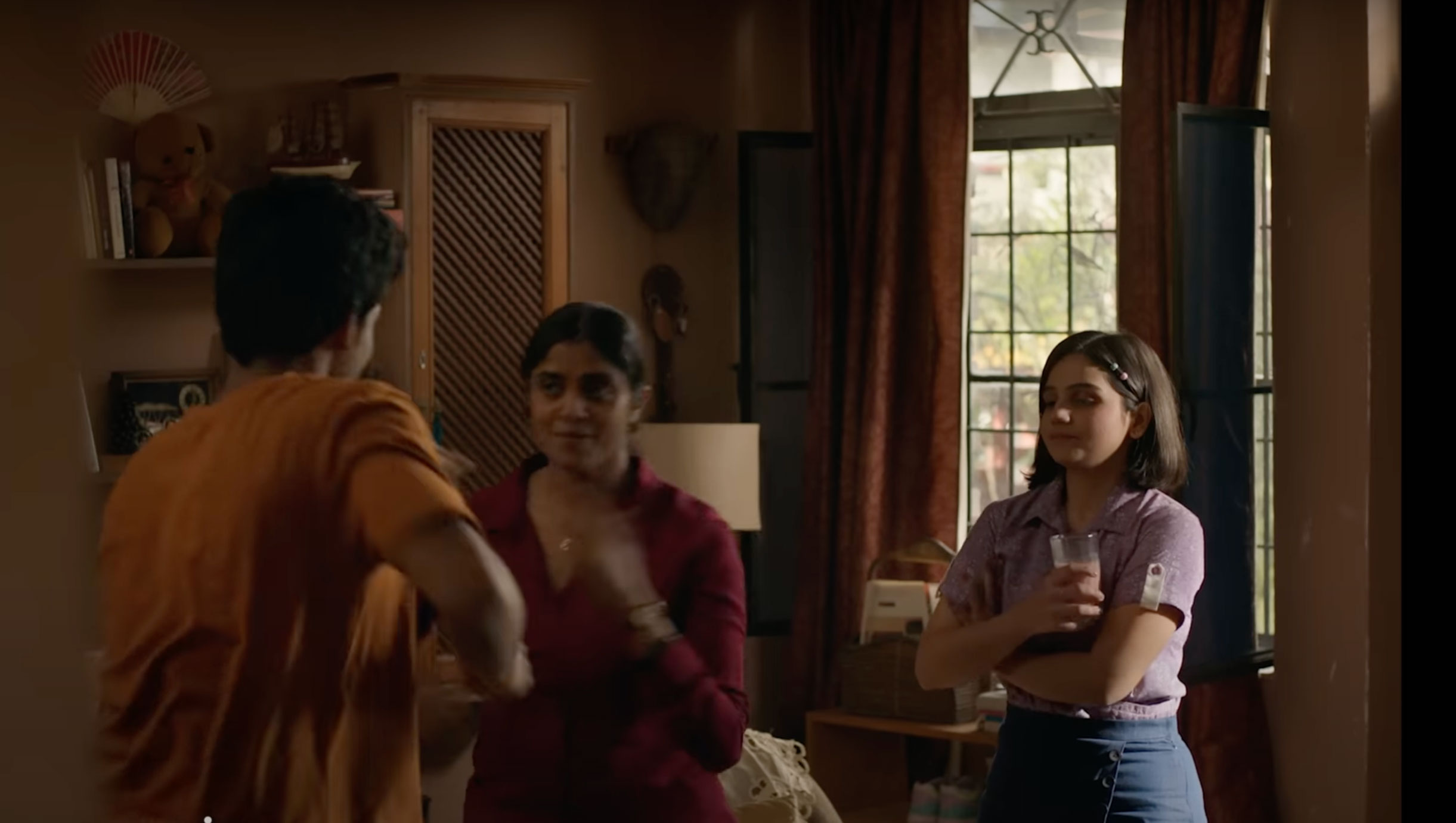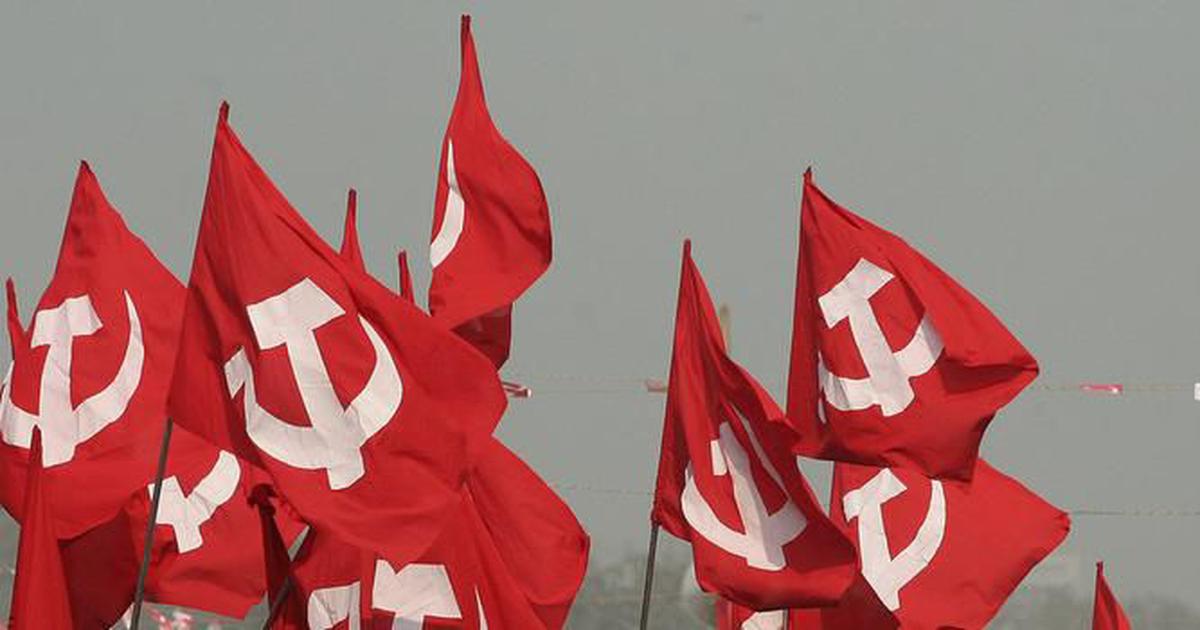Even 64 years since India’s Consttution outlawed its practice, it is not yet completely free from its scourge. I In many parts of the country, including Himachal Pradesh, Dalits daily face discrimination, dehumanization, violence, and enslavement through human trafficking.
Himachal Pradesh, known for its natural beauty, has a total population of 68.56 lakh out of which 89.97 percent live in rural areas. The Dalits make up 35 percent of the total population, but despite their large numbers, those living in the rural areas are regularly shunned, insulted, banned from temples and higher-caste homes, and still made to eat and drink from separate utensils in public places. Yet their ordeal seems to have evoked little sympathy among officials in the government or social organisations.

Instead, the government is helping perpetuate this injustice. In many government schools, the authorities serve midday meals to SC and ST students and upper-caste students separately. This is especially true of schools in Seraj segment of Mandi district, Rampur tehsil of Shimla district and Kangra district. In these places, school authorities serve the midday meal to Dalit students only after serving upper-class students.
Moreover, Dalit students are made to sit in separate rows.
The Shiv Temple in Bilaspur district has a board that reads “Shudra Mandir Mei Pravesh Ni Kare” (Shudras should not enter the temple). The temple was built by a sadhu 15 years ago. Baba Kewal Giri, who is in charge of the temple inn, ‘allegedly placed the board at the temple entrance and ‘langar’ (free community meal) hall. Although the court has given instructions to the temple authorities to remove the board, it still remains there.
Himachali poet SR Harnot says, “‘It is a shame that Dalits are still treated as children of a lesser God.’ There are over a dozen temples in the state where Dalits cannot even touch the temple walls.”

Narender Singh, a orchardist from Rampur village, says, “We are not allowed to drink from the same wells, attend the temples, wear shoes in the presence of an upper caste, or drink from the same cups in tea stalls. Many times we have complained to the district administration but no one looked into the matter.”
Dalit Ram Chandel, from Bilaspur district, says, “I am waiting for the moment when I can also live freely and can do what I want. In my village I and my family have to face insults daily when we go to temple or fill water to drink from the temple well. Everyone can see what is going on but no one objects to these practices. We are also people – is it our fault that we belong to the lower castes?”
Similar cases have also been recently reported in Mandi district, and Dalits Social and Financial Rights Movement (DSFRM) convener Balak Ram has submitted reports to National Human Rights Commission (NHRC), New Delhi, and the district administration alleging discrimination against people from lower castes.
In the report Ram has noted that the discrimination against people belonging to the Schedule Castes (SC) and Schedule Tribes (ST) continue unabated. He has also said the practice of untouchability still exists in schools, other educational institutions, temples and fairs. Ram has said that the practice is also being adopted in the traditional fairs during, for example, Shivratri and Dussehra, where organisers cook and
serve food to lower- and upper-caste people separately – even at the Mandi Shivratri fair, which is one of the major fairs of the state and during which a feast is held to honour the local deity’s accompanists and musicians in U-block building of the government primary school. “No social organization or administration officials ever object to the repeated discrimination,” he said. He added that Article 17 of the Indian Constitution had abolished such practice but such practices are still continuing in the state.
“It is the duty of upper-caste people to provide an equal platform to the downtrodden community while celebrating religious occasions and enjoying common feasts and to allow them to live with dignity,” Ram said.
Published in the June 2014 issue of the Forward Press magazine
Based in New Delhi, India, ForwardPress.in and Forward Press Books shed light on the widespread problems as well as the finer aspects of Bahujan (Dalit, OBC, Adivasi, Nomadic, Pasmanda) society, literature, culture and politics. Next on the publication schedule is a book on Dr Ambedkar’s multifaceted personality. To book a copy in advance, contact The Marginalised Prakashan, IGNOU Road, Delhi. Mobile: +919968527911.
For more information on Forward Press Books, write to us: info@forwardmagazine.in





